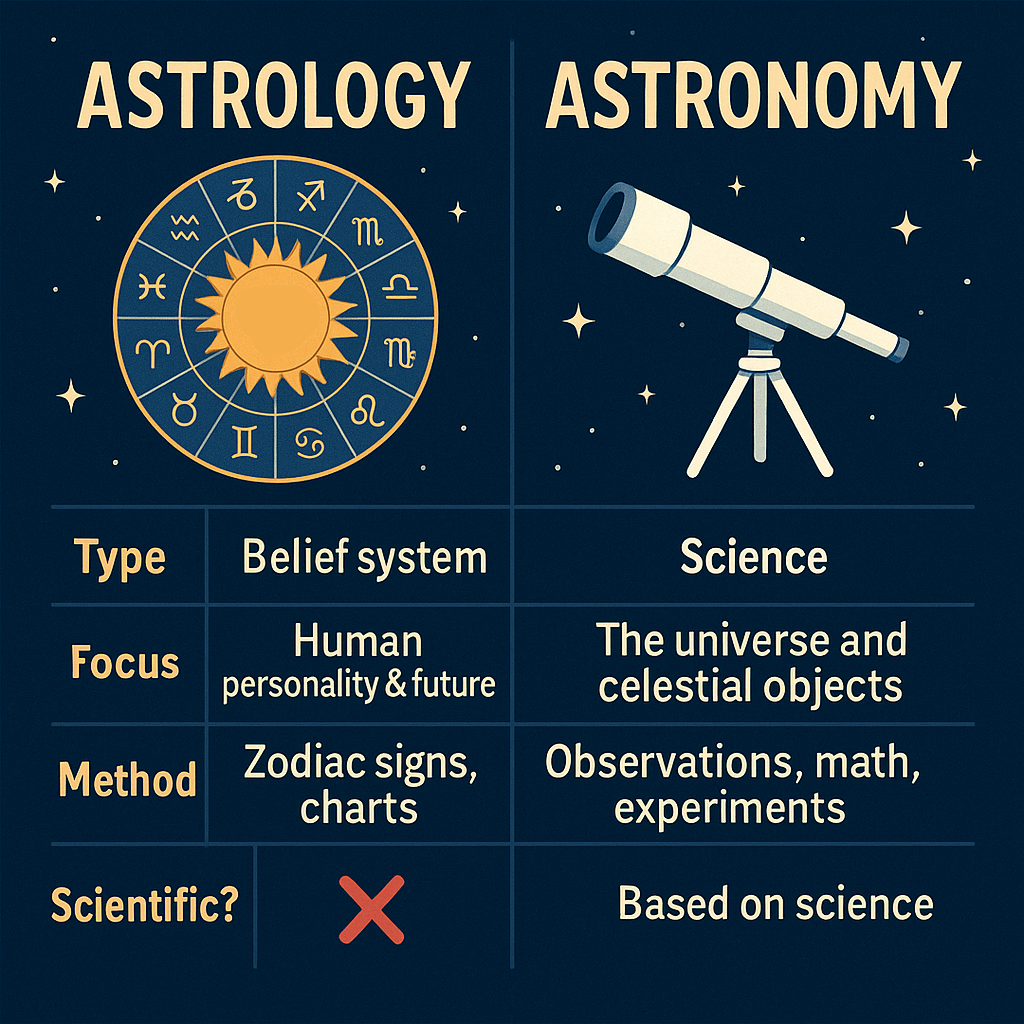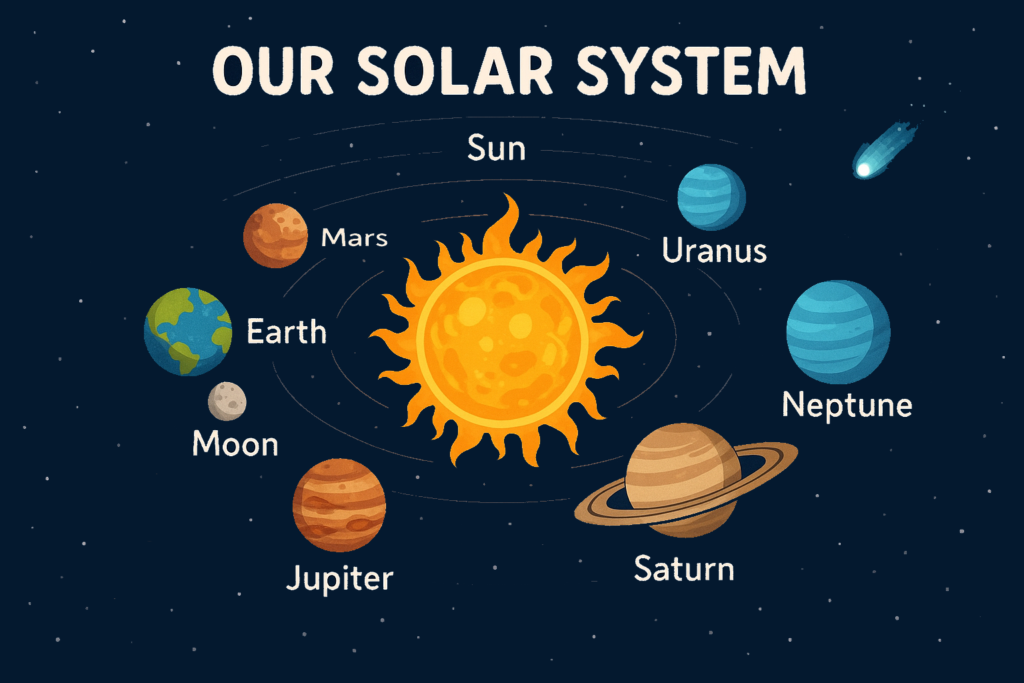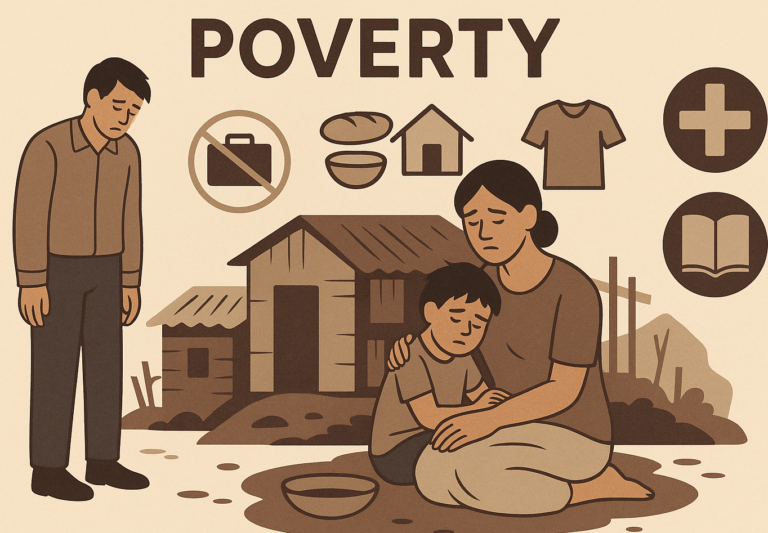Astrology and Astronomy in a simple way so you can understand the differences and what each field is all about.
1. Astrology
What is Astrology?
Astrology is the belief that the positions and movements of celestial bodies (like the stars, planets, and the Moon) can influence human affairs and natural events. It’s like a system that suggests that our lives and personalities are connected to the patterns in the sky.
Astrology has been practiced for thousands of years in various cultures, including in ancient Egypt, Babylon, and Greece.

How Does Astrology Work?
- Zodiac Signs: The most common part of astrology is the Zodiac, which divides the sky into 12 sections, each represented by a sign. Each of the 12 signs is associated with specific dates and is linked to certain personality traits and life events.The 12 Zodiac signs are:
- Aries (March 21 – April 19)
- Taurus (April 20 – May 20)
- Gemini (May 21 – June 20)
- Cancer (June 21 – July 22)
- Leo (July 23 – August 22)
- Virgo (August 23 – September 22)
- Libra (September 23 – October 22)
- Scorpio (October 23 – November 21)
- Sagittarius (November 22 – December 21)
- Capricorn (December 22 – January 19)
- Aquarius (January 20 – February 18)
- Pisces (February 19 – March 20)
- Horoscopes: These are daily, weekly, or monthly predictions based on your zodiac sign. Astrologers believe the positions of the planets and stars can influence your personality, mood, and future.
- Natal Charts: A natal or birth chart is a map of where all the planets were in their journey around the Sun at the exact moment of your birth. It can be used to analyze your personality, strengths, weaknesses, and even your life path.
How Astrology is Used:
- Personality Insights: Astrologers suggest that the position of planets at the time of your birth can tell a lot about your character traits, strengths, and challenges.
- Horoscopes: Based on your Zodiac sign, astrologers give predictions about your future—love, career, health, etc.
- Compatibility: Astrology can also be used to check the compatibility between two people, like in romantic relationships or friendships.
Criticism of Astrology:
- Astrology is not considered scientific. It relies on belief rather than empirical evidence. Scientists generally do not support astrology because there’s no proven mechanism that shows how the stars can influence human lives.
2. Astronomy
What is Astronomy?
Astronomy is the scientific study of the universe and everything in it—such as stars, planets, moons, comets, galaxies, and the cosmos as a whole. It’s all about understanding the physical properties of celestial objects, how they move, and how they interact with each other. Astronomy is a branch of science, and it’s based on observation, data, and mathematical calculations.
How Does Astronomy Work?
- Telescopes: Astronomers use telescopes to observe faraway objects in space. Telescopes help us see stars, planets, and galaxies that are millions or even billions of light years away.
- Planets and Stars: Astronomers study the motions of planets and stars, how they are born, live, and die. For example, they study how stars form from clouds of gas, how they burn through fuel to shine, and how they eventually collapse into black holes or explode into supernovae.
- Space Exploration: Astronomy is also linked to space exploration. Space missions, like the Mars Rover or the Hubble Space Telescope, help astronomers gather data and learn more about our universe.
- The Big Bang Theory: Astronomy also deals with big questions about the origins of the universe. For example, one theory suggests that the universe started about 13.8 billion years ago from a huge explosion called the Big Bang.
Key Areas in Astronomy:
- Planetary Science: The study of planets, moons, and other objects in our solar system.
- Astrophysics: The study of the physical properties of celestial bodies and the forces that govern them, like gravity, light, and radiation.
- Cosmology: The study of the universe as a whole, including its origins, structure, and eventual fate.
- Stellar Astronomy: The study of stars and how they form, live, and die.
Astronomy vs. Astrology:
| Aspect | Astrology | Astronomy |
|---|---|---|
| Focus | Belief system about how celestial bodies affect human life | Science of studying the universe and celestial bodies |
| Methods | Based on interpretation of zodiac signs and celestial positions | Uses scientific methods, observations, and data |
| Goals | Predict events, understand personality, life paths | Understand physical laws, origins, and behaviors of celestial objects |
| Evidence | No scientific evidence, relies on belief | Based on observable data, evidence, and experimentation |
Why is Astronomy Important?
- Understanding Our Universe: Astronomy helps us understand the structure and history of the universe. For example, it tells us about the formation of stars, the evolution of galaxies, and the future of our planet.
- Space Exploration: Astronomy is crucial for space exploration and finding answers to questions like whether life exists on other planets.
- Technology: Many technologies used in communication, navigation, and medicine (like satellite TV, GPS, and medical imaging) were developed thanks to astronomy.
Summary of Astrology vs. Astronomy
- Astrology is the belief that the position of the stars and planets can influence our lives and predict our future. It’s a belief system that lacks scientific proof.
- Astronomy is the scientific study of the universe, focusing on facts, data, and evidence. It involves observing celestial objects and understanding how they work through science.
Key Differences in Simple Terms:
- Astrology: Belief system about how stars affect your personality and future.
- Astronomy: Science that studies stars, planets, and the universe with facts and experiments.











